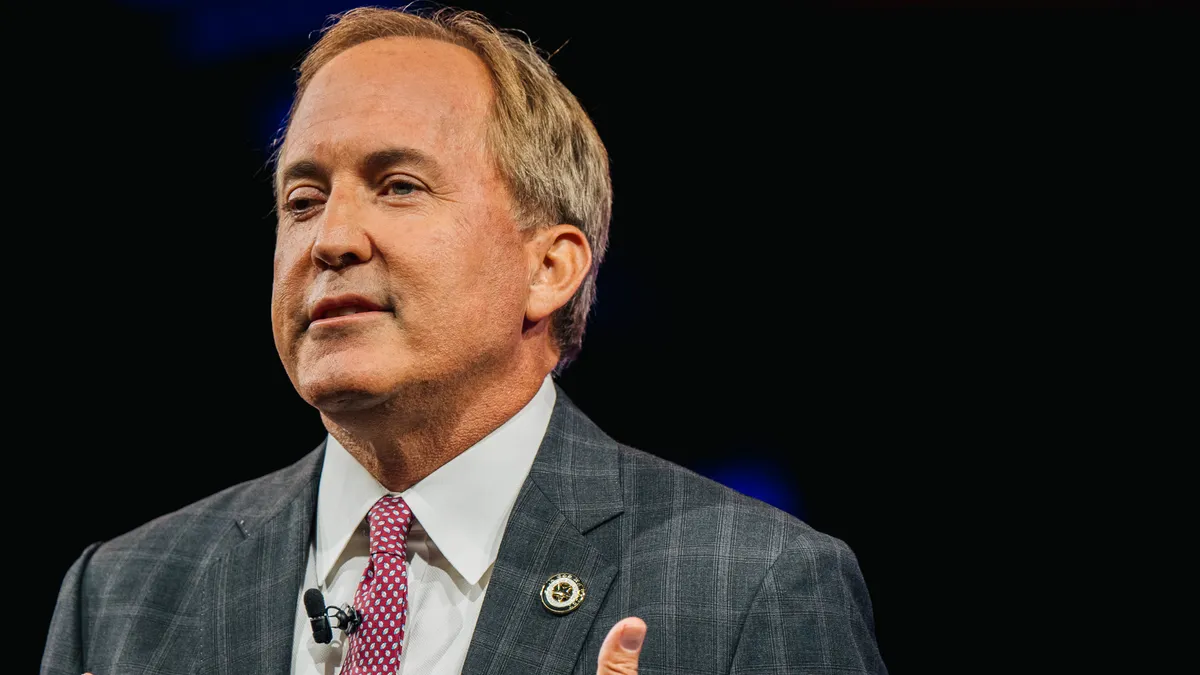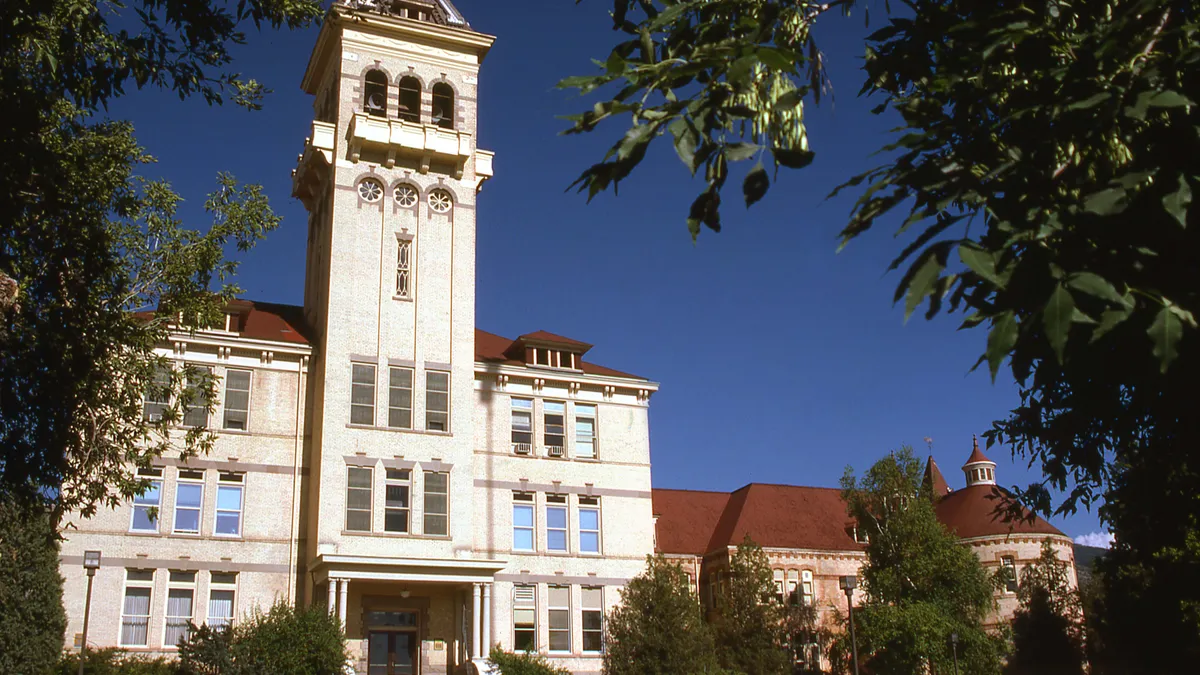The Carnegie Classifications for Institutions of Higher Education will be located within the American Council on Education, giving them a new home at the association in Washington, D.C., after plans to relocate them to a Michigan college collapsed several weeks ago.
ACE will house the classifications — a frequently used system of categorizing colleges and universities that is owned by the Carnegie Foundation for the Advancement of Teaching — under a five-year agreement starting March 15, the association and foundation announced Wednesday.
Both the prominent universal, or basic, classifications and newer elective classifications will be at ACE. It will be the first time they'll be housed at a single organization.
The Carnegie Foundation and ACE will examine changing the classifications to account for social, racial and economic concerns. A goal is making sure the classifications do a better job of reflecting higher ed's public purpose.
A time to reevaluate
Management of the Carnegie Classifications is important across higher education because they provide a shared understanding of different types of institutions. Researchers, policymakers, advocacy organizations and college leaders use the classifications to define groups of similar colleges for their work and analyses.
Those involved in the classifications frequently stress that they are not rankings. But in a world where what gets measured gets managed, colleges often seek to move to specific Carnegie categories. For example, doctoral universities will tout their pursuit of R1, or very high research activity, status.
With that in mind, the classifications' move is an ideal time to consider new elective classifications and exactly what goes into the basic classifications, said Timothy Knowles, president of the Carnegie Foundation. The classifications have been refined over time, and they are updated every few years.
But the world has changed since they were first published in 1973, Knowles said.
Knowles recalled receiving a phone call last year from the president of a historically Black institution who told him there are no HBCUs that are R1s and that it could take his institution a century to gain that status.
"I put that on the table as indicative of the fact that, 50 years in, it's time for looking hard again at how we think about these classifications, what we're classifying and what the impact is on multiple kinds of institution across the U.S. postsecondary sector," Knowles said.
Carnegie and ACE plan to work to add a new classification looking at institutions' contributions to social and economic mobility, targeted to launch in 2023.
Why pick a higher ed association?
The home at ACE is a break from recent convention for the classifications, which have been at Indiana University since 2014. The association conducts research such as the American College President Study. But it also has a powerful lobbying arm and large membership.
ACE counts over 1,700 members including different types of accredited degree-granting institutions in the U.S. — two-year, four-year, public and private. The Carnegie Classifications, on the other hand, cover an even larger number of postsecondary providers. About 4,000 institutions are in the latest classifications release.
ACE was an attractive choice to house the classifications because the association has a track record of convening institutions of many different types, Knowles said. It also has strong policy connections, and it showed a commitment to promoting social and economic mobility, he said.
Any worries about potential conflicts of interest can be addressed through transparency, leaders at the association and foundation said.
ACE's president, Ted Mitchell, promised to protect the integrity of the classifications with a firewall within ACE and through transparency.
"We intend this to be a very transparent, very data-driven process," Mitchell said. "There will not be the ability for anybody to put their thumb on the scale and say they belong here."
The classifications team will report to a combined group of ACE and Carnegie Foundation leadership, he said. Mushtaq Gunja, who is currently chief of staff and senior vice president at ACE, will change roles to lead the classifications and build up additional staff over time. The initiative will also rely on advisory panels.
ACE and the foundation will launch a joint fundraising effort to help pay for refreshing the classifications, Mitchell said. Plans call for the association and foundation to start evaluating the arrangement's performance in its third year.
"This is all iterative," Mitchell said. "Our commitment is to make sure the suite of classifications are more reflective of social purpose, including equity and social mobility."
The classifications needed a new home because faculty members in charge of them are planning to retire. In November, Albion College, a private nonprofit institution in Michigan, announced it would be taking responsibility for the classifications. But those plans fell apart after Albion's president, Mathew Johnson, stepped down.
Johnson had led development and growth of the elective classifications as a top administrator at Brown University. When he became president at Albion in 2020, the college started housing an elective classification, the classification for community engagement. But he left the presidency last year under pressure after a petition accused him of bullying behavior and ignoring the needs of people of color.
Just before Johnson resigned, a retired Albion instructor and NAACP executive board officer accused him of being verbally aggressive at a basketball game, but he told MLive he recalled the interaction differently and denied the allegations.
















